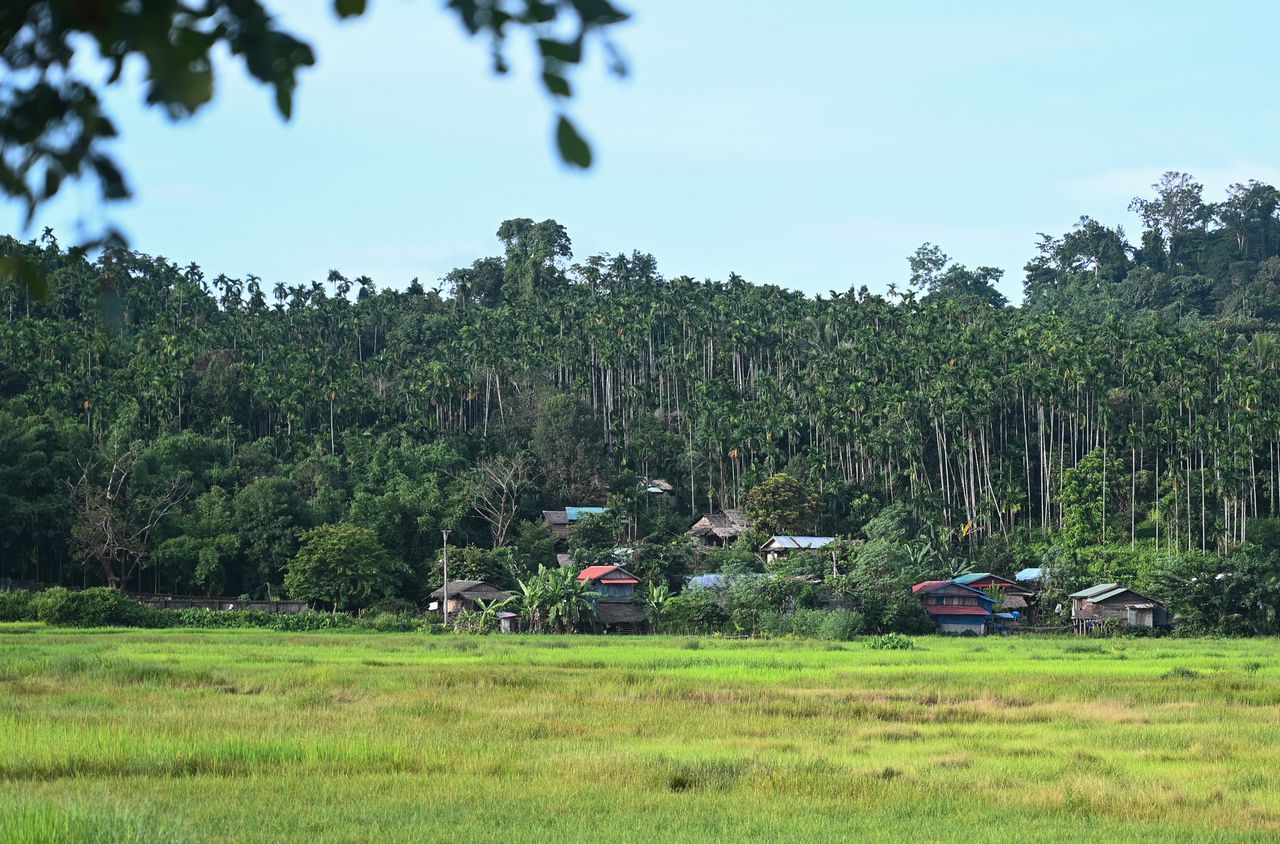It is true that China remains the first polluter on the planet and the first emitter of greenhouse gases. And yet, the country has made ecology and the environment one of its priorities. A paradox when we pause these two statements on paper.
A few years ago the country realized that it had to go to war against pollution. “We must firmly establish this concept of socialist ecological civilization. Develop a harmonious relationship between man and nature and do everything to protect the environment for future generations, "said Chinese President Xi Jinping.
This year, despite the coronavirus crisis, the Chinese Ministry of Finance will allocate nearly 52 billion euros to ecology and environmental protection in 2020. In this context, the country has just presented a major plan for ecological protection for the next fifteen years.
60% of wetlands under protection
The objective is to extend its forest cover to 26% and to control 75% of recoverable sandy land. The area of natural forests will be maintained at 200 million hectares and 60% of wetlands will be under protection. In addition, more than a third of the country's natural coasts will be untouchable.
According to the Ministry of Natural Resources, in the past few decades, China has built 2,750 nature reserves covering 1.47 million square kilometers, representing 15% of the country's land area. Last August, the National Forest and Grassland Administration announced that China's forest cover had increased from 12% in the 1980s to 22.9% last year.
Nine major ecological protection projects will be promoted over the next 15 years, covering many regions of the country, including the Yangtze River, the Yellow River, the forest area of northeast China and the Qinghai-Tibet Plateau, as well as the Greater Bay Area Guangdong-Hong Kong-Macao region. However, said Wu Xiao, director of the Commission’s Department of Agriculture and Rural Economy, the challenges remain significant as some regions “sacrifice the environment to stimulate short-term economic growth”.
"Protecting water resources"
In reality, the country seems to have realized that resources such as water must be controlled. “Our challenge is to protect the country's water resources. A multi-solution system must be built with greater involvement of the new technological support, ”added Wu Xiao.
Under the plan, China says it will own at least 18% of the country's territorial space as a nature reserve by 2035.
Newsletter - The essentials of the news
Every morning, the news seen by Le ParisienI'm registering
Your email address is collected by Le Parisien to allow you to receive our news and commercial offers. Find out more
Despite everything, China remains with its industrial base the biggest polluter on the planet. The coronavirus crisis is a perfect illustration of this.
A report published on May 18 by the Center for Research on Energy and Clean Air (CREA) shows that pollution in China has just recovered, some time after deconfinement and in full recovery of economic activities. And the observation is all the more worrying as the levels are higher than before confinement.
Pollution currently higher than in 2019
"In the past 30 days, levels of pollutants dangerous to health in China have exceeded the concentrations recorded at the same time last year, for the first time since the start of the Covid-19 crisis," announces CREA. Pollution is therefore currently higher than at the same period in 2019.
This rebound in emissions comes mainly from heavy industry. Thus, cement manufacturing increased by 4% compared to 2019, same observation and same figure for the manufacture of metals. Steel production is also significantly high. This increase in pollution which had not been achieved since 2018 concerns less urban areas, for now, than industrial areas where there are power plants and coal.
Finally, this report shows that if the overall transport volume remains lower than the previous year, public transport will be abandoned for some time in favor of motorized cars and two-wheelers, due to the risk of transmission of the coronavirus. This change in practice could be reflected in the pollution of urban areas, regardless of the problem of economic recovery.

